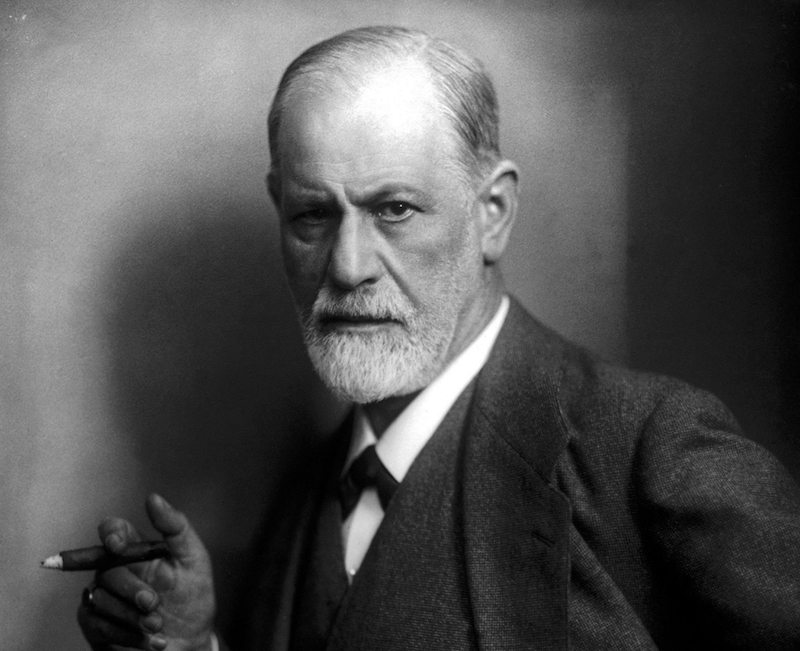Theory of the Unconscious
Episode #8 of the course “Ideas that changed the world”
The unconscious is a theory that helps explain how the human mind works. People often assumed that humans had control of their minds, that dreams were divinely inspired, and that memory was perfect. However, as science advanced, doctors asked questions about how the mind worked. The theory that truly revolutionized our understanding of psychology was psychoanalytic theory, introduced by the Austrian physician Sigmund Freud.
In Freud’s psychoanalytic theory, the mind was divided into the “conscious” and “unconscious” processes, often represented by an iceberg. Freud proposed that a person may have desires or memories of which he is unaware, but which manifest themselves as conscious behaviors. This, Freud argued, is the “unconscious” mind, where most of a person’s personality is determined. He was also the first to promote that the unconscious is the origin of what happens in dreams.
 Sigmund Freud
Sigmund Freud
Freud theorized about memories or desires becoming “repressed” in the unconscious, then manifesting themselves as symbols in dreams, or neuroses in waking behavior. He introduced this theory of the unconscious when he published The Interpretation of Dreams in 1899, but it was a few years before he caught attention. Once his theories became noticed, Freud emerged as one of the most popular academics of his time. His explanations for human behavior were so inspiring to his contemporaries that medicine shifted to accommodate an entirely new branch—psychiatry, the medical study of the human mind.
Science and art in the 20th century would be unlike that of any century before. In a post-Freudian ideology, people are more introspective and self-aware than at any previous point in human history. The theory of the unconscious has become so pervasive, Freudian terms like “anal retentive” and “fixation” are used by laymen in everyday conversations and in popular culture. There is not a medium in western culture that has not been touched by Freudian theory, and the idea of the unconscious has led to developments in almost every science, but perhaps most importantly in neurobiology, pathology, and chemistry.
Quotes
“The mind is like an iceberg, it floats with one-seventh of its bulk above water.” by Sigmund Freud
“One day, in retrospect, the years of struggle will strike you as the most beautiful.” by Sigmund Freud
“Being entirely honest with oneself is a good exercise.” by Sigmund Freud
“We are never so defenseless against suffering as when we love.” by Sigmund Freud
“Most people do not really want freedom, because freedom involves responsibility, and most people are frightened of responsibility.” by Sigmund Freud
Recommended books
“The Interpretation of Dreams” by Sigmund Freud
“Civilization and Its Discontents” by Sigmund Freud
Share with friends

